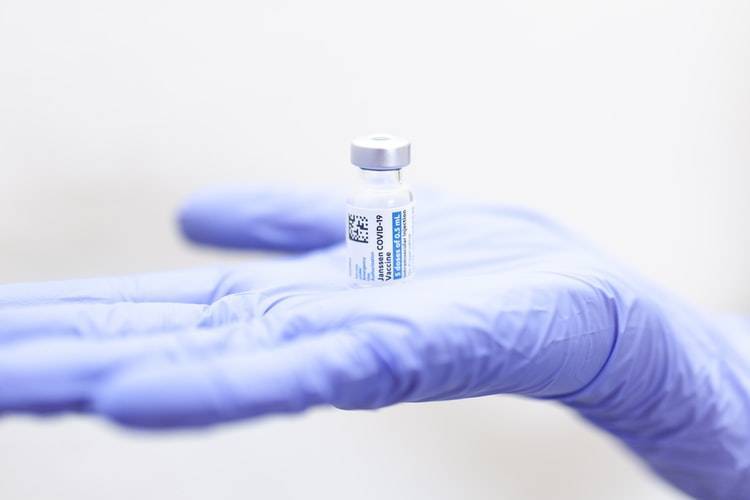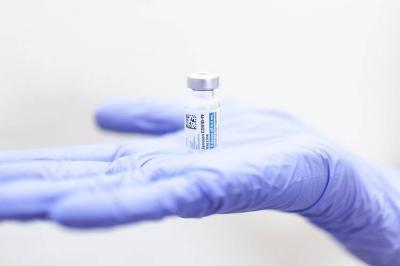A study published on Tuesday indicated that the three COVID-19 vaccines approved for use in the United States appeared significantly less capable of providing protection against the Omicron variant during laboratory experiments. The study, conducted by researchers from Massachusetts General Hospital affiliated with Harvard University and the Massachusetts Institute of Technology, which has not yet undergone peer review, suggested that vaccination may regain much of its effectiveness against "Omicron" through a booster dose.
The study tested blood samples from individuals who received the Moderna, Johnson & Johnson, and Pfizer vaccines against a virus designed to resemble the "Omicron" strain. Researchers found that the ability of antibodies to resist the strain was low or nonexistent when vaccinated according to the standard regimens—two doses for the Moderna or Pfizer vaccines, or one dose for the Johnson & Johnson vaccine. The study also noted that blood samples drawn from individuals recently receiving a booster dose showed strong resistance to the strain, according to Reuters.
Scientists also speculated that "Omicron" is more transmissible than previous variants of concern, evidencing an increased transmissibility that is twice that of the currently circulating Delta strain, with "Omicron" potentially surpassing it soon. These results are consistent with other studies published recently, where researchers at the University of Oxford stated on Monday that their findings indicated the two-dose regimen of Pfizer and AstraZeneca vaccines does not stimulate enough antibodies to combat the new variant.
Pfizer also stated last week that a three-dose regimen of its COVID-19 vaccine would be able to neutralize the new "Omicron" strain during laboratory tests, but two doses led to a lesser antibody response. Neither Moderna nor Johnson & Johnson has yet released any data on the effectiveness of their vaccines against the new strain.




